What does your dental health have to do with fertility?
We’ve learnt since we were children to brush our teeth regularly for a healthy smile but just what does dental health have to do with wanting a child of our own? Putting off a potential mate with poor dental hygiene and bad breath you might say, well it turns out this might not be the only thing to affect our chances of conception.
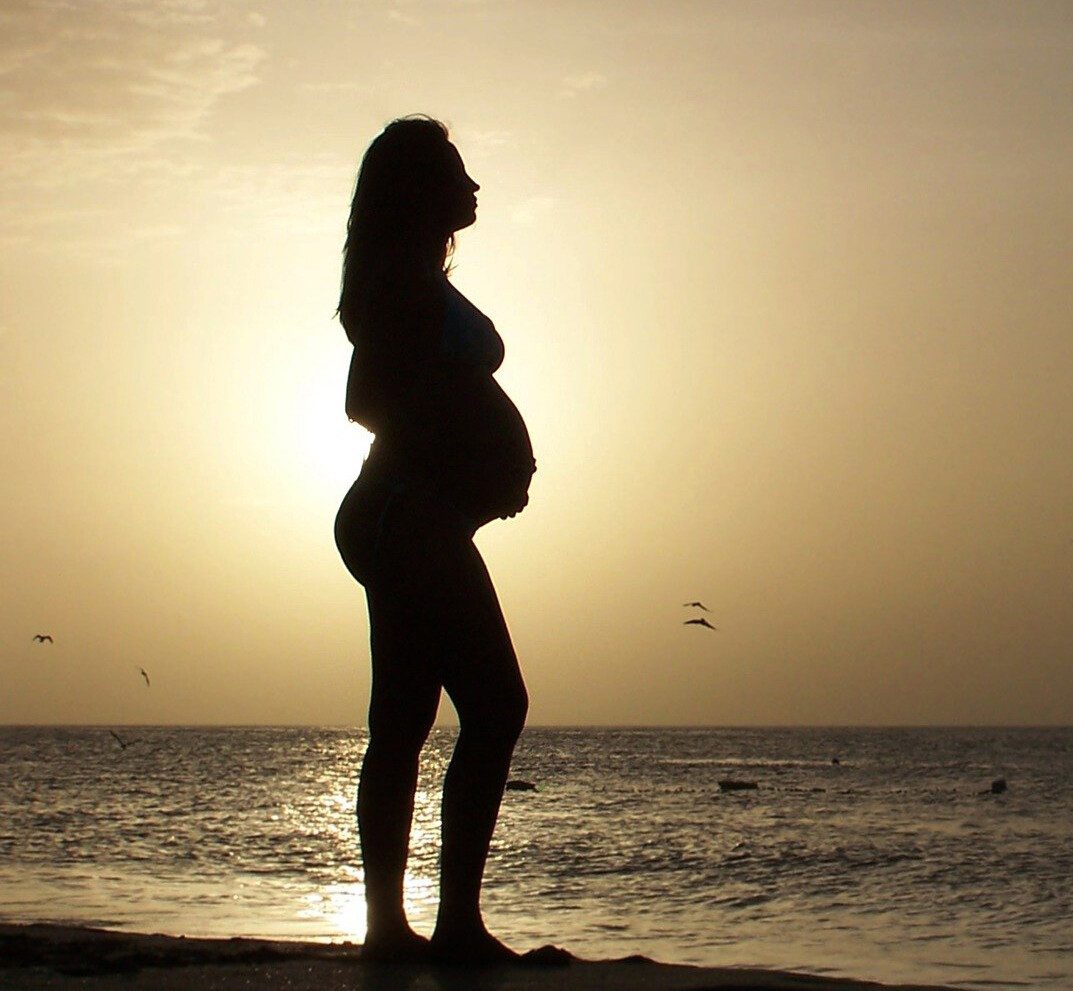
Gingivitus(an inflammation of the gums)can be caused by poor oral hygiene and can lead to the more serious Peridontal Disease(a disease of the gums and supporting tissues). Bacteria in plaque, from the foods that we eat, builds up and causes inflammation of the gums; with gums that bleed easily when you brush your teeth being one of the first signs of gingivitis.
A 2017 study found that the bacteria P.gingivalis(involved in the development of periodontal disease) could play a role in time to conception whereby “the detection of P.gingivalis in saliva and elevated concentrations of salivary antibodies against this periodontal species significantly increases the risk for unsuccessful conception amongst young women”(Paju et al., 2017)
The Smile study of 3737 women in Western Australia found that women with gum disease(periodontal disease) may take on average an extra two months to get pregnant (Hart et al., 2012) While these are only two pieces of research and there is no clear cut link between time to conception and gum disease, there’s no denying that good oral health can only help to reinforce good health in the body as a whole. After all, if your body is trying to tackle inflammation in the mouth then it’s going to take it’s eye off the ball(no pun intended) when it comes to reproductive health.
There is also emerging evidence that having a healthy oral microbiome, which Deo and Deshmukh (2019) refer to as ‘the second largest and diverse microbiota after the gut’, can have its benefits during pregnancy too.
So what can we do to keep gum disease at bay and our bodies fertility-friendly?
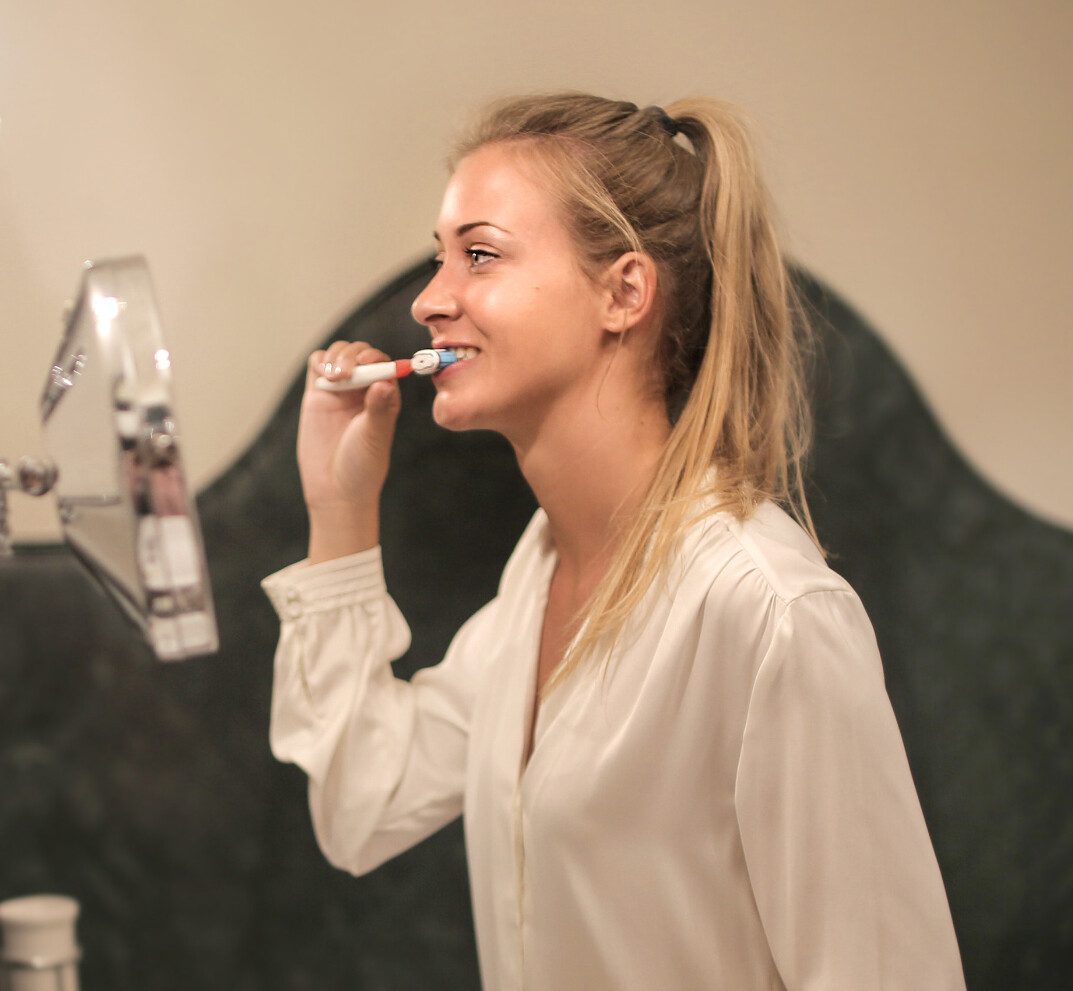
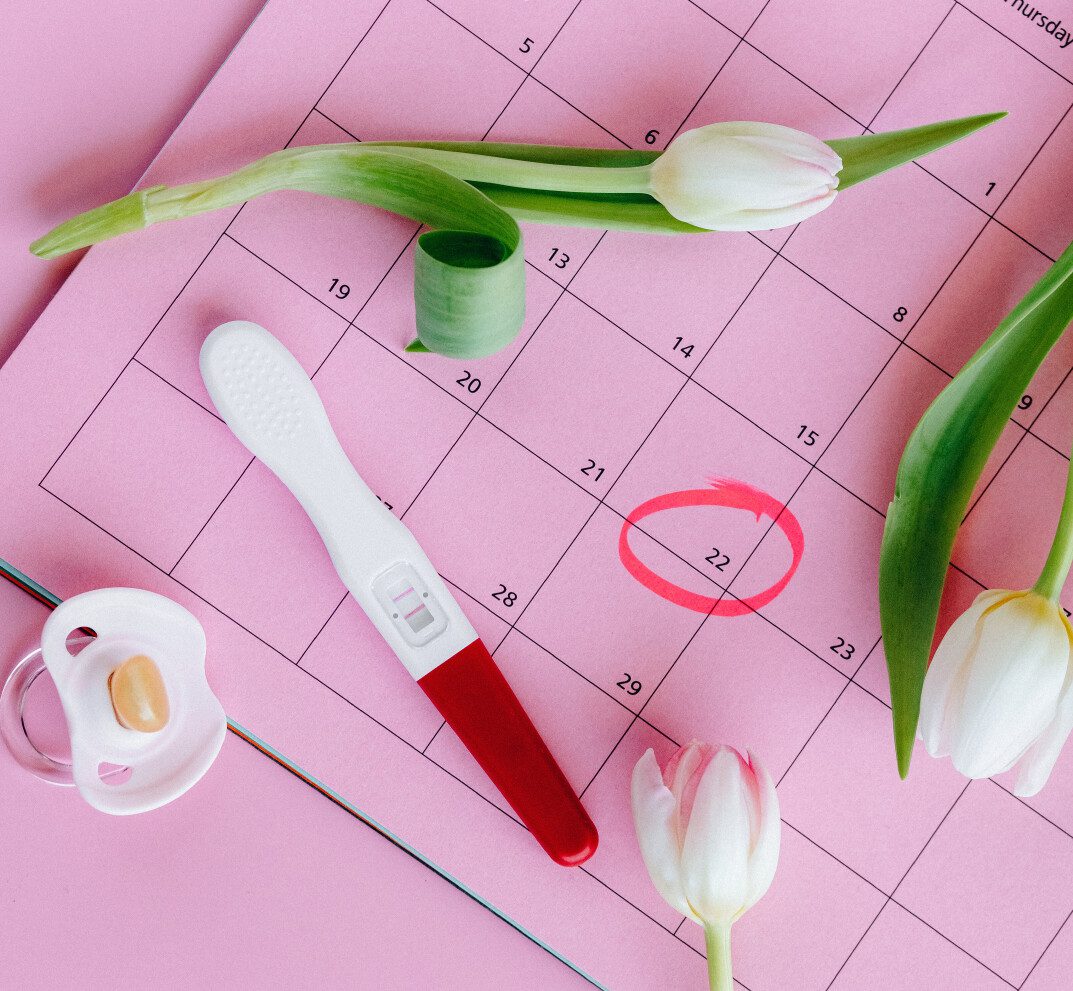

Regular Trips To The Dentist
Hygiene appointments may not currently be high up on your must-do list – hands up who only goes to the dentist when there’s a problem. But consider them as you would any other ‘beauty’ treatment, schedule them in as you would your hair appointments, nail appointments etc. Every six months is a great start. A healthy mouth and smile go hand in hand with good health. Prevention is better than cure remember so if you’re planning to conceive, make a trip to the dentist one of your first priorities.
Floss
No we don’t mean the Instagram-famous 2017 dance that all the kids were doing. We’re talking old school tooth flossing here and not just once a week or whenever you remember. EVERY DAY. Food can easily build up between the teeth and between meals. If you feel like the dental string floss just doesn’t cut it then get tough on that plaque with interdental brushes.
Don’t Dismiss Dental Pain
Lockdown living has meant that this year we’ve maybe ignored a lot of things we shouldn’t have, toothache being one of them. Pain in the mouth may be an indicator of tooth decay which could lead to cavities and other problems. Keep on top of any potential tooth decay and get any cavities sorted as soon as possible for a healthy, happy mouth.
References
Deo, PN., Deshmukh, R. (2019) ‘Oral microbiome: Unveiling the fundamentals.’ J Oral Maxillofac Pathol;23(1):122-128. doi:10.4103/jomfp.JOMFP_304_18 (Accessed 17 November 2020)
Hart, R., Doherty, DA., Pennell, CE., Newnham, IA., Newnham, JP. (2012) ‘Periodontal disease: a potential modifiable risk factor limiting conception’, Human Reproduction, Volume 27, Issue 5, Pages 1332–1342, https://doi.org/10.1093/humrep/des034 (Accessed 17 November 2020)
Paju, S., Oittinen, J., Haapala, H., Asikainen, S., Paavonen, J., & Pussinene, P. J. (2017). ‘Porphyromonas gingivalis may interfere with conception in women.’ Journal of Oral Microbiology, 9, 1-6. (Accessed 17 November 2020)



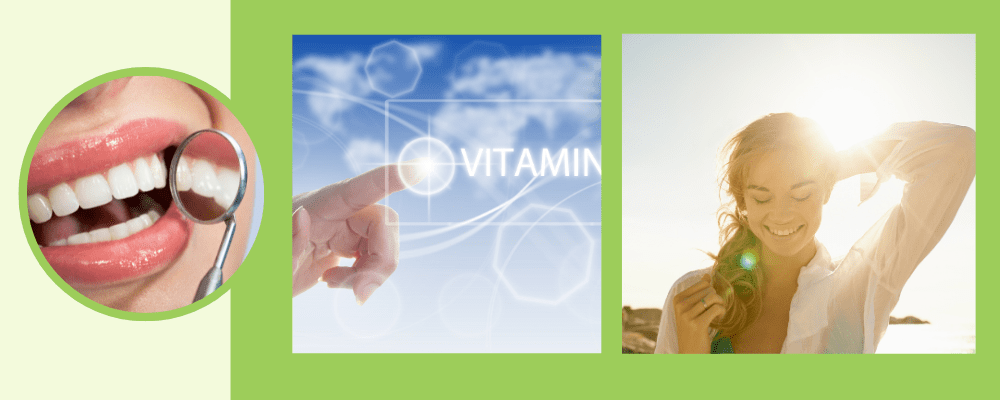


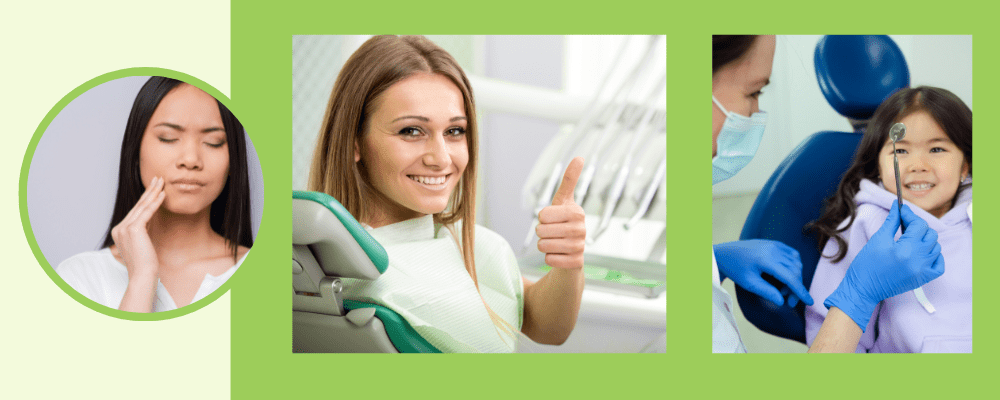
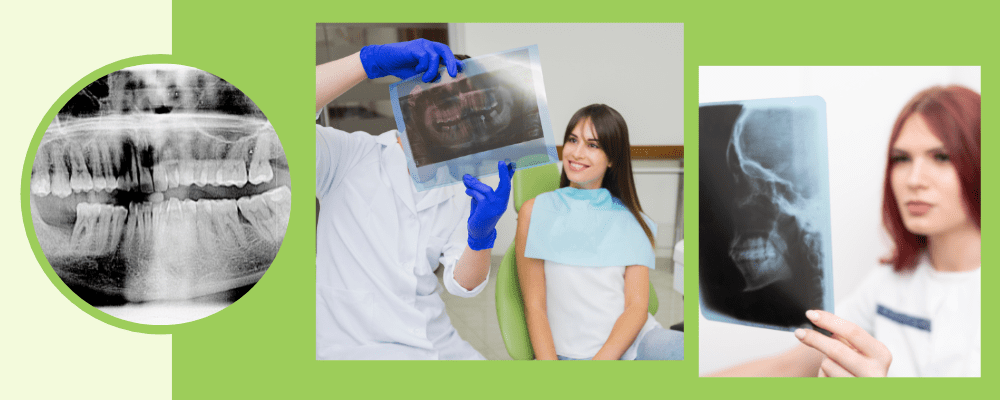
Leave A Comment
You must be logged in to post a comment.